Enter a surname, town name or other keyword to search the database. Remember to
allow for the different spellings of 'Mc' and 'Mac.' Good luck!
{Search tips: Use single word search terms for more results}
You must enter some valid character(s) into the search field
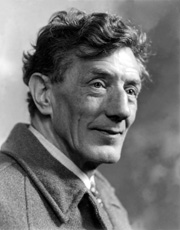
Reference: H-0242
Joe Corrie (1894-1968) was a S...
|
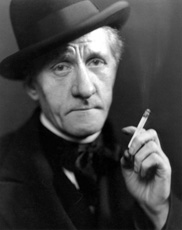
Reference: H-0240
Frederick Charles Hannen Swaff...
|
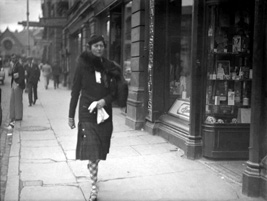
Reference: H-0229
The Duchess of Sutherland (186...
|
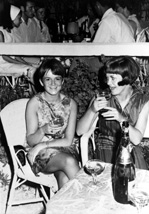
Reference: H-0233
Mr A.M Duffus, Golspie. Copy....
|
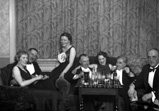
Reference: H-0165
Social evening. #...
|

Reference: H-0166
Social evening. #...
|